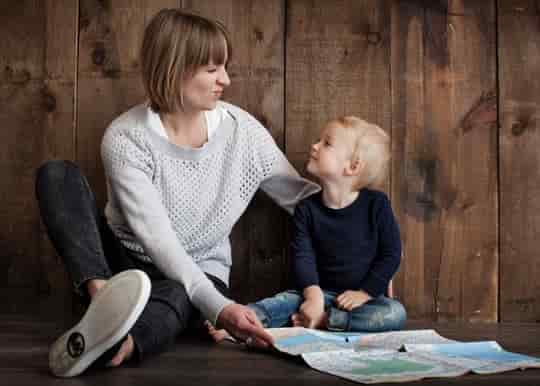Is one parent enough to raise well-adjusted children?
Children who bond closely with one or other parent grow up the most well-adjusted, research finds.
Young children only need to feel a bond with one parent to boost their emotional stability later on.
A warm, secure and positive bond is enough to meet the child’s need for security.
Bonded children are less likely to grow up to be aggressive, troubled, or to display emotional and behavioural problems at school.
Dr Sanghag Kim, study co-author, said:
“There is a really important period when a mother or a father should form a secure relationship with their child, and that is during the first two years of life.
That period appears to be critical to the child’s social and emotional development.”
The conclusions come from research on 86 infants who were followed until the age of 8.
Both parents and teachers were asked about any concerns they had for the children.
Dr Kim said:
“Parents and teachers have different perspectives.
They observe children in different contexts and circumstances.
That is why we collected data from many informants who know the child.”
The news is good for both stay-at-home dads and single parents.
While being bonded with both parents is no bad thing, it is heartening to know that one parent can provide the required emotional closeness and support.
Dr Kim said:
“Some people think the father is not good enough to be the primary caregiver.
Our data show otherwise.”
Children who did not feel a secure attachment were more likely to report fears, worries and aggressive tendencies at school-age.
The study was published in the journal Child Development (Kochanska et al., 2012).

